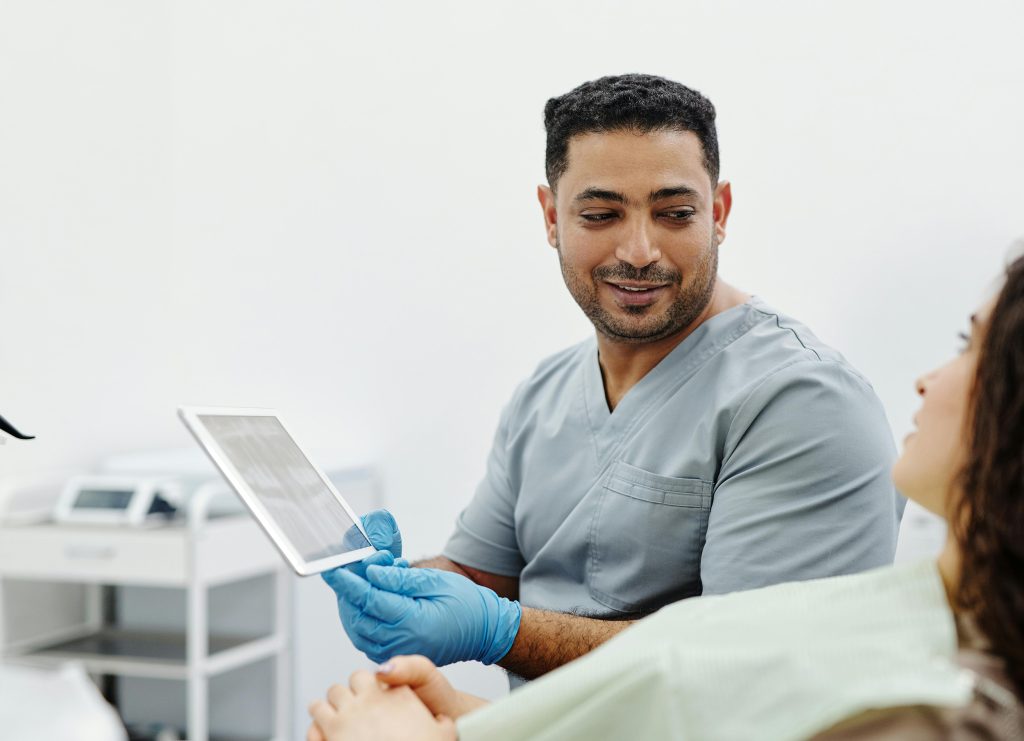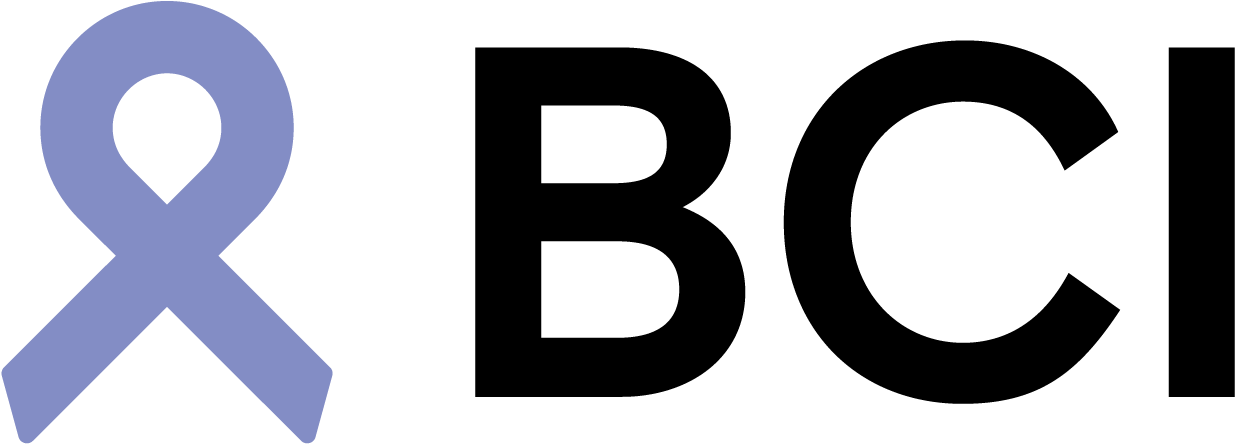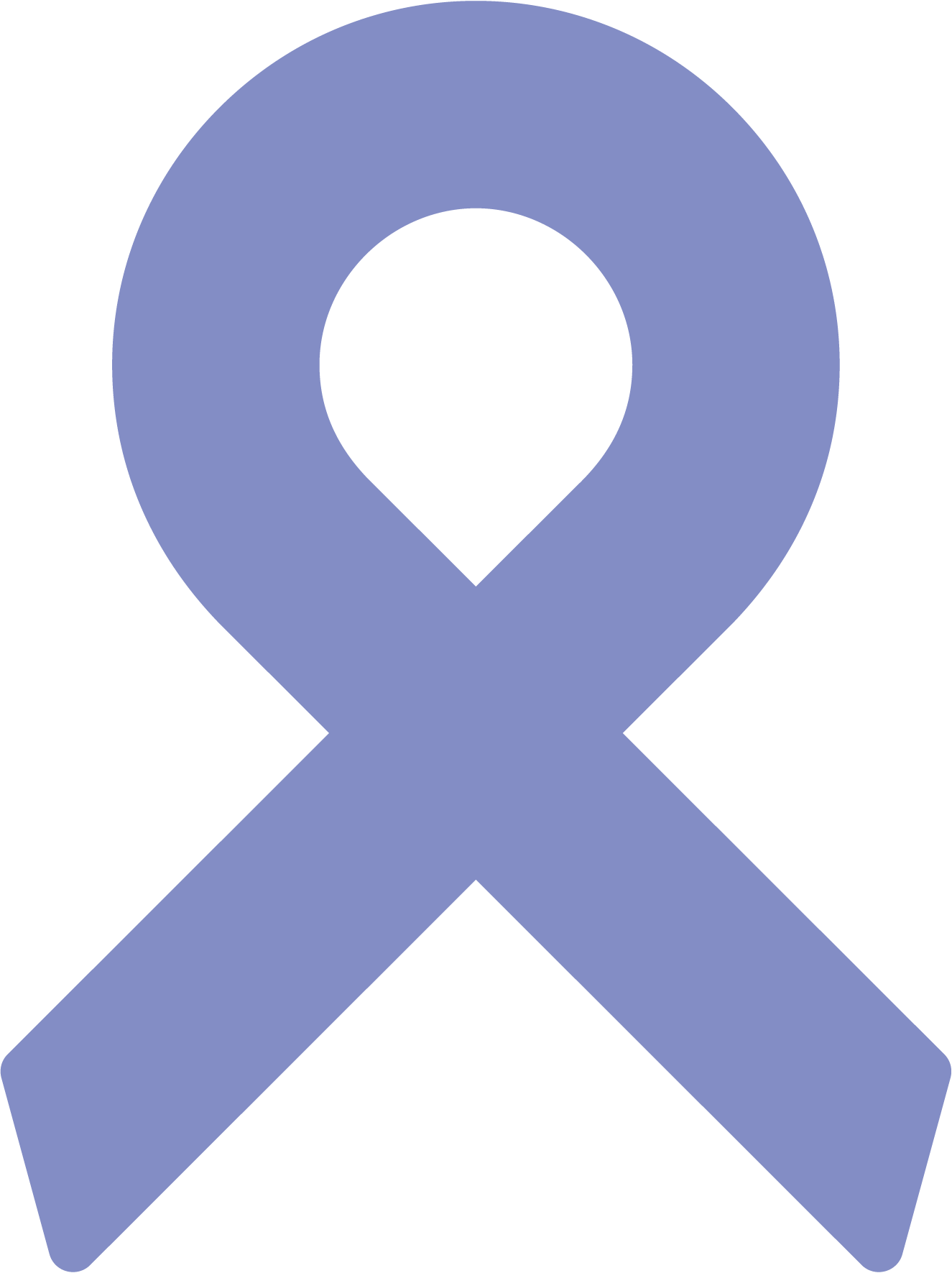- Cancer Information
- Follow-up Appointments
Follow-up Appointments
Your follow-up appointment
The aim of these appointment is to make sure everything is going well for you. It is a chance for you to talk about any concerns you have. The appointment helps your cancer team notice any possible problems early.
They may examine you and do some simple tests, such as taking a blood sample. They will usually ask questions about your recovery and any side effects or symptoms you have. They can give you advice and support on how to manage these.
It is important to attend your appointments. These may be in-person, phone or video appointments. If you cannot attend because you are not feeling well, tell the clinic. They can arrange another appointment for you.
You may feel worried before an appointment. But your cancer team will support you. For some people, going back to hospital for face-to-face appointments can be difficult. But for others, it can be a positive reminder that they are returning to everyday life.
Your cancer team can refer you to other services if you need specialist help. For example, they may refer you to a psychologist or counsellor for emotional support, or a physiotherapist for advice about exercising.

Follow-up Appointments
There are different ways of having your follow-up care, this could be with your cancer doctor or specialist nurse.
Appointments with your cancer doctor or specialist nurse typically take place at the hospital where you received treatment, such as Weston Park.
Once the team are happy you may be repatriated to your local hospital for on-going follow-up. You may have regular face-to-face appointments at the hospital. Or you may have virtual appointments over video call or phone call. The appointment will usually be with someone from your cancer team. Your cancer team will discuss your follow-up care with you. You can decide together what is best for you. Sometimes you may have some of your follow-up with your GP.
In the first year after your treatment finishes, the appointments may happen every few months. As time goes on, the appointments will happen less often. You may be asked to have a blood test or scan before an appointment. This helps make sure your results are available for the appointment. If you are not sure whether this is needed, ask your cancer team.
Shared care
Shared care is when your follow-up care is shared between your cancer doctors or specialist nurses and your local hospital or GP. For example, you may have tests and scans at your local hospital. Some GPs have an agreement with the hospital to share your follow-up care.
Self-management
Some people have supported self-management follow-up instead. This is when you are supported by your nurse and cancer team to manage your health.
You may have regular phone appointments with your specialist nurse or someone else from the cancer team. Or you may be asked to contact the cancer team if you are worried about anything or if you need support.
If the medical team thinks anything needs to be checked, they will arrange this for you. If you need regular tests and scans, they will be arranged by your team. You will also have direct access to your cancer team if you need it. They will give you information on:
- side effects
- symptoms to look out for
- what you can do to keep healthy
Self-management allows you to be more in control of your care. But you can always contact your cancer team, GP or other healthcare professionals for help if you need it.
Tips for getting the most from your follow-up appointment
- Write down any questions before your appointment. You can also write down the answers to help you remember them.
- Take someone with you. They can support you and help you remember what was said.
- You can ask for copies of any letters so that you can keep track, or ask for a treatment summary.
- Always tell your cancer team about any ongoing or new symptoms, or other health worries.
- Tell them how you are coping with your feelings. They can give you advice or direct you to the right place for support.
- Tell them if you are taking any prescribed or non-prescribed medicines. This includes vitamins, minerals, or herbal or complementary medicines. These can affect other drugs, including some cancer treatments.
- Be honest with your cancer team. This helps them to give you the best support.
Your GP and primary care team
Your GP and other members of the primary care team can support you during and after treatment. The primary care team may include your GP, practice nurse, and other health and social care professionals who work in the community.
If you have not met with them during treatment, it is a good idea to make an appointment when it finishes. Your cancer team will send them a report about your treatment – this is called a treatment summary. You should always tell your GP about any problems you need help with.
Some GPs have an agreement with the hospital to share your follow-up care. They may also prescribe some of the drugs you need. They may be part of your shared follow-up care.
Your GP is responsible for your general health. They can also give you emotional support and advice on:
- recovering
- maintaining a healthy lifestyle
- work.
Your GP practice may also be able to support people close to you.
It is important to care for your general health. Remember to keep going to any regular check-ups at your GP practice – for example, blood pressure checks or blood tests. It is also important to take part in NHS screening.


